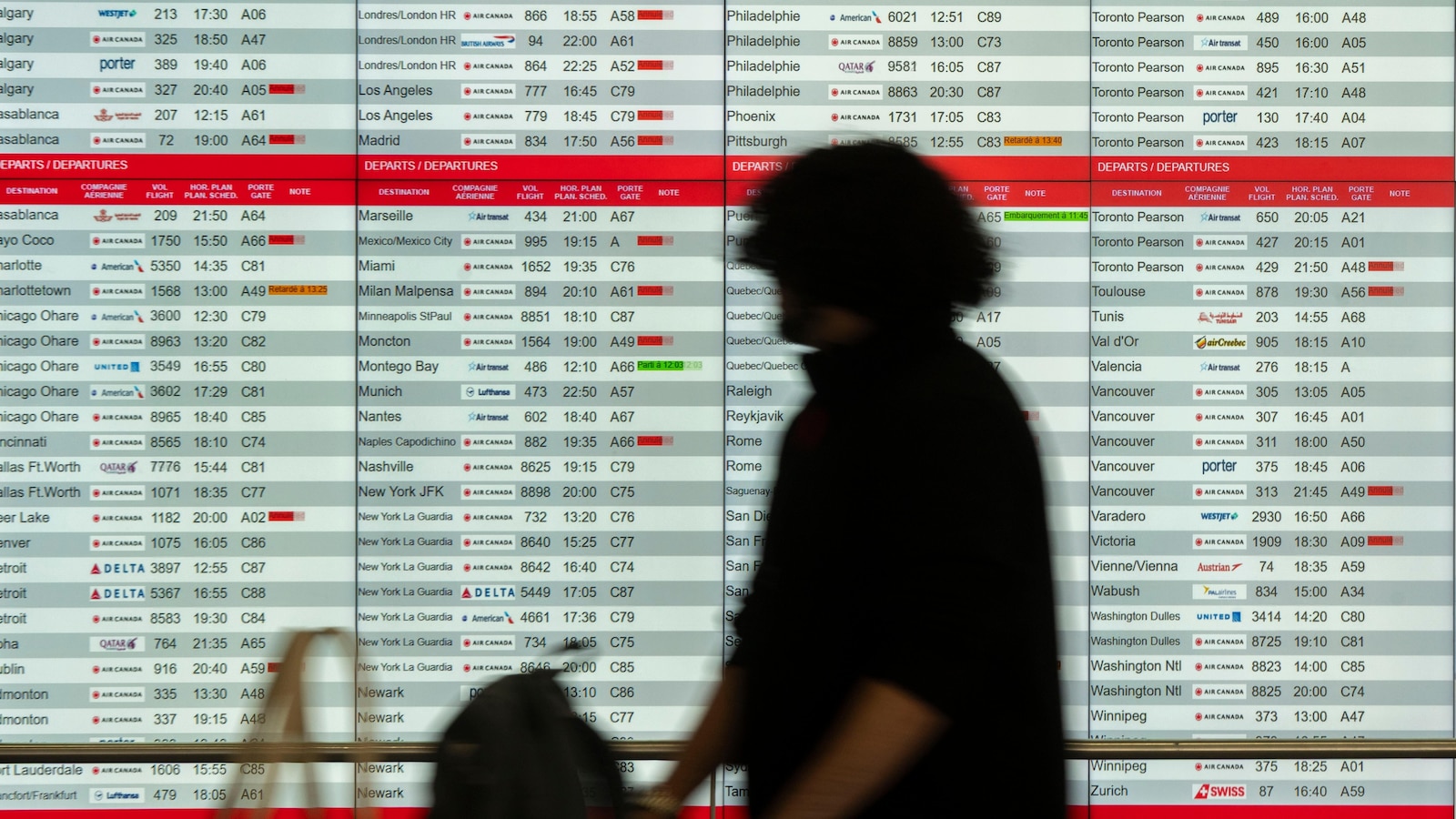Air Canada Strike Ends: Government Intervention Resumes Flights

Introduction
Air Canada has announced that it will resume flights after the Canadian government intervened to end the strike by the cabin crew. The strike had resulted in the suspension of around 700 daily flights, leaving over 100,000 passengers stranded.
Details of the Strike
The strike, which began on Friday, was a result of the union's disagreement with the airline over working conditions and benefits. The union represents around 8,500 flight attendants and the strike had caused significant disruptions to Air Canada's operations.
Government Intervention
The Canadian government issued a directive on Saturday evening, ordering an end to the strike and sending the dispute to binding arbitration. This decision was made after the strike was deemed to pose a risk to the country's economy and public safety.
Impact on Passengers
The strike had caused major inconvenience to passengers, with many having to rearrange their travel plans. However, with the strike coming to an end, Air Canada plans to resume flights later today. This is great news for the passengers who were affected by the strike and for the airline as well.
Conclusion
The government's intervention in the Air Canada strike highlights the importance of addressing disputes in a timely and efficient manner. With the strike coming to an end, passengers can look forward to resuming their travel
About the Organizations Mentioned
Air Canada
Air Canada, founded in 1937 as Trans-Canada Air Lines (TCA), is Canada’s largest airline and the nation’s flag carrier, headquartered in Montreal. It was established by the Canadian government to provide transcontinental air service, originally operating under a government monopoly on domestic routes until deregulation began in the late 1950s[1][3][4]. The airline adopted the name Air Canada in 1965 and fully privatized by 1989 to compete in a more open market[1][2]. Air Canada serves over 220 destinations worldwide across six continents, operating a diverse and modern fleet of more than 400 aircraft, recognized for fuel efficiency and environmental considerations[7]. It is a founding member of the Star Alliance, enhancing its global connectivity through partnerships[2][7]. Major hubs include Toronto, Montreal, Vancouver, and Calgary, enabling extensive domestic and international network coverage[3][5]. Key milestones in Air Canada’s history include pioneering transcontinental flights in Canada, being the first North American airline to serve Moscow in 1966, and acquiring Canadian Airlines International in 2000, which positioned it as one of the world’s largest airlines[1][4]. The airline has faced challenges such as financial difficulties culminating in bankruptcy protection in 2003 and competition from low-cost carriers[5]. Despite this, it has maintained a significant role in Canadian and global aviation, carrying nearly 45 to 50 million passengers annually as of recent years[2][5]. Notably, Air Canada was the first airline globally to implement a computer reservation system with remote terminals in 1953, highlighting its early adoption of technology[3]. It holds a prestigious Four-Star ranking from Skytrax, reflecting high service standards among international airlines[7]. Overall, Air Canada represents a dynamic blend of historic legacy, technological innovation, and global reach, making it an influential player in the aviation business and a key facilitator of international trade and travel for Canada.










